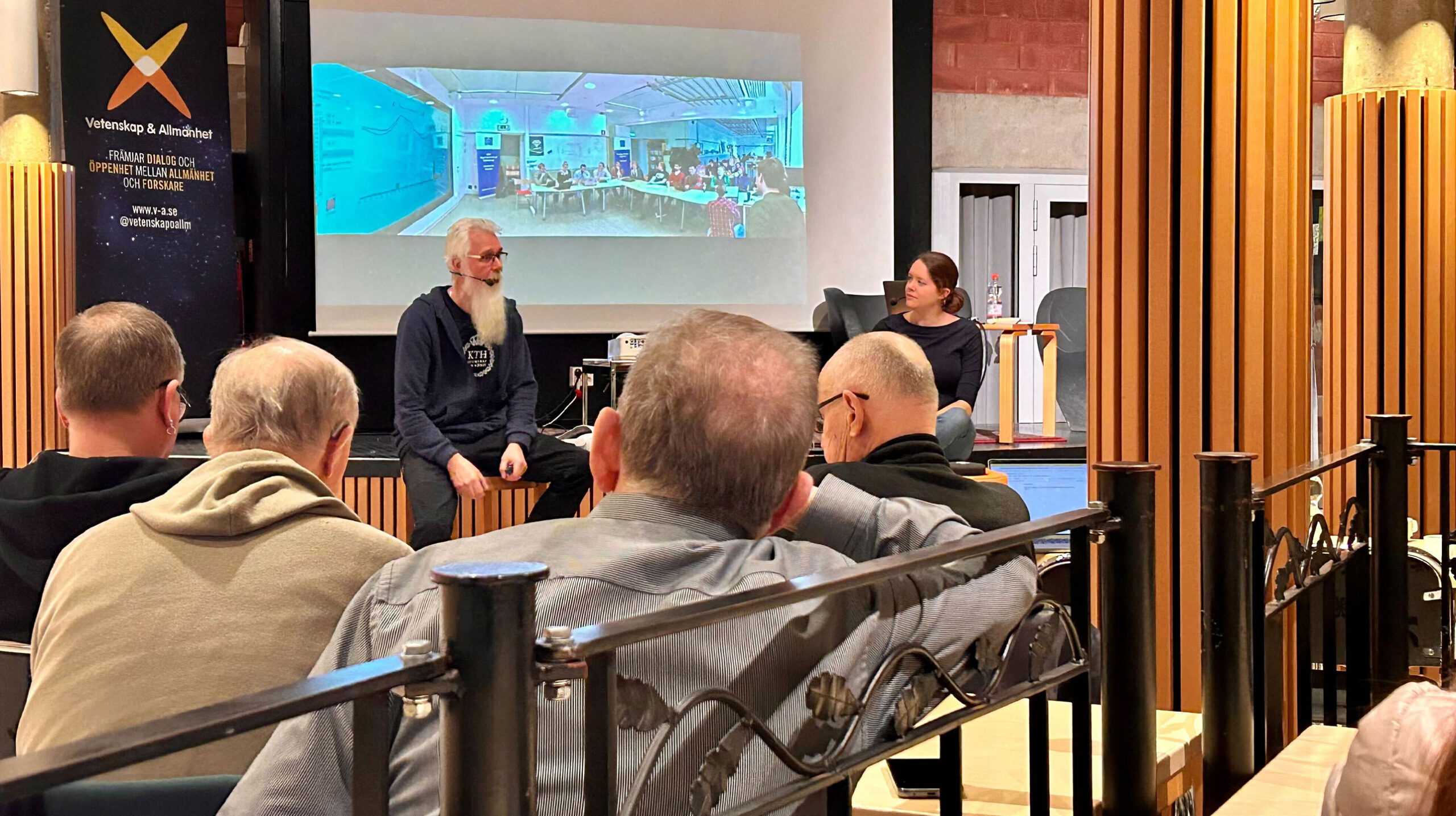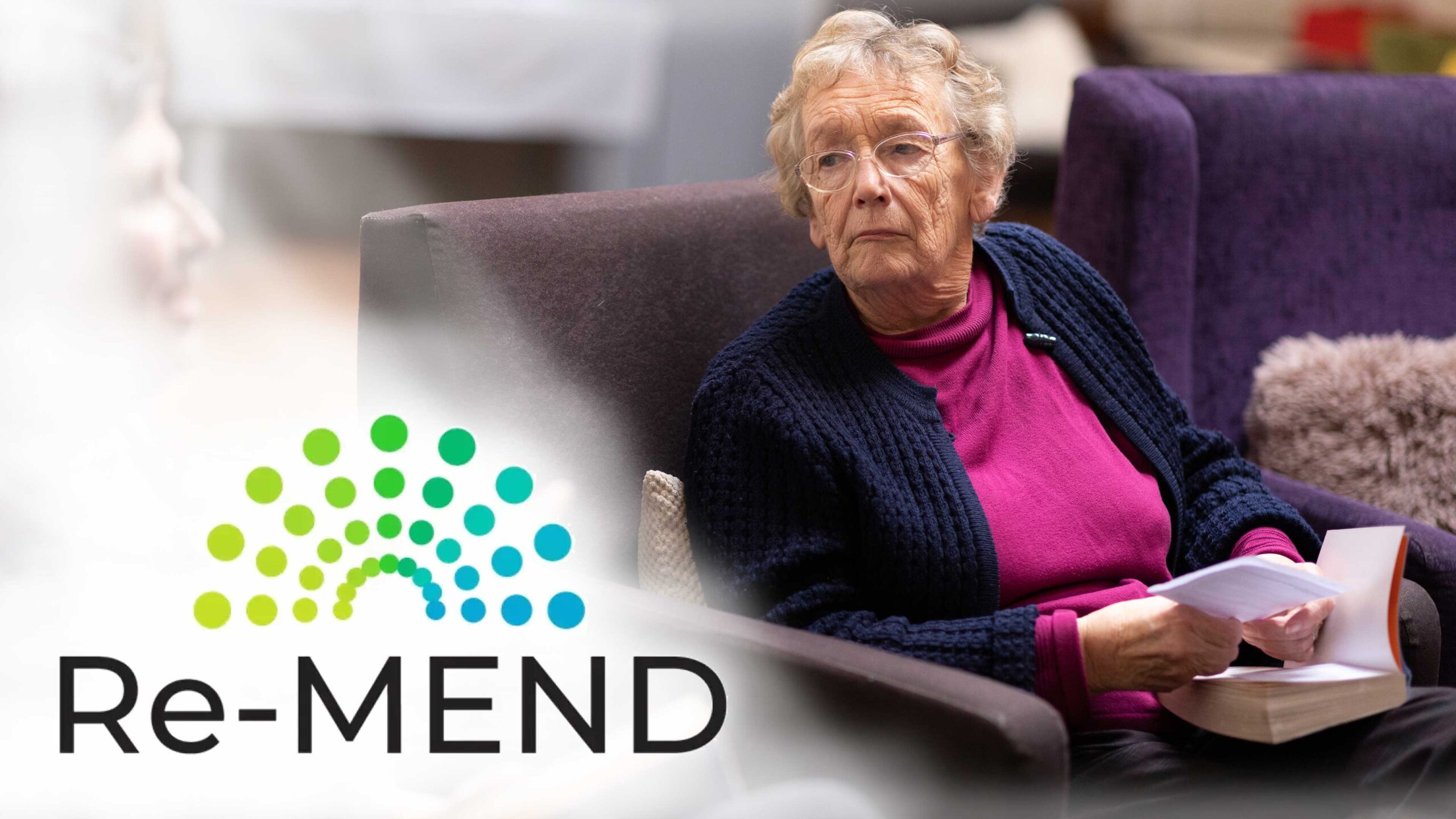Among the EU Re-MEND project’s objectives are the improvement of mental health literacy among health care professionals, intervention developers, and the general public. One of the approaches being used to reach these objectives is a citizen science project involving senior citizens in Sweden. Central to the project, which is being led by Public & Science Sweden is an investigation of everyday experiences of living in the vicinity of mental illness.

The project aims to engage elderly people in many of the phases in order to secure a high degree of involvement and value for the participants. An initial phase of focus group interviews with senior citizens and stakeholders including interest groups, caregivers and community service staff will provide knowledge about attitudes towards mental illness, patient experiences and needs, and knowledge about risk factors and symptoms. Particular effort is being placed on reaching a good degree of representation, including participants from groups otherwise less visible, such as immigrant communities.
An ensuing tour of science cafés – a public engagement format in which researchers engage with the public in an informal and relaxed setting – with several stops around Sweden will open dialogue about the current state of scientific knowledge and common perceptions and attitudes among ordinary citizens. The focus groups and the science cafés are also to be used to raise awareness about issues around mental illness among the elderly and recruit participants for the project’s next phase.
The central research activity of the citizen science project is the biographical documentation of everyday experiences of mental health and illness. A group of senior citizens, family members relatives and – possibly – care and community service staff will be invited to produce ‘health journals’, diaries recording events, attitudes and reflections on the place of mental health and mental illness. These records, estimated to be between 10 and 20 in number will provide an empirical documentation of everyday life at (transition into) old age seen from the viewpoint of mental health or illness. The analysis of the documents will give valuable knowledge of the knowledge, the perceptions and the attitudes which drive behaviour.
In the following phase, senior citizens participating in the project will be invited to co-create solutions to some of the issues emerging from the earlier activities. Using methods from innovation and design business, the project will employ personas – fictional characters amalgamated from documented real-life experiences – to develop ideas for improving mental health literacy, removing obstacles to treatment, and enabling better detection of signs of deteriorating mental health.

As research results emerge from other parts of the project, a second round of focus group interviews will be staged in which various forms of presentation and packaging are tested with respect to their comprehensibility and relevance.
In the final phase of the project, the project results will be presented in the form of an exhibition. The exhibition will travel around Sweden, returning to several of the locations for the science café, in this way demonstrating the output of the project to members of the public who have been previously engaged.
In order to ensure scientific quality, citizen engagement and societal relevance, a reference group including senior citizens, stakeholders and researchers is being formed.
Key to citizen science is the meaningful involvement of citizens, and successful projects often demonstrate a high degree of involvement – meaning that citizens do more than simply collect data. It is also important that feedback is given by presenting research results in formats that are relatable and relevant to target groups and stakeholders.
Re-MEND addresses so many aspects of mental health and mental illness. We believe that the citizen science approach focusing on everyday experiences of, or near, mental illness, will contribute valuably to the overall work.
Erik Falk, Researcher at Public & Science Sweden
The recruitment of senior citizens, interest groups, stakeholders, and researchers for the focus and reference groups is currently underway. The first focus groups are scheduled for June 2024 with science cafés following in the Autumn.
The citizen science project is being coordinated by Public & Science Sweden. Read more about the Re-MEND project.

